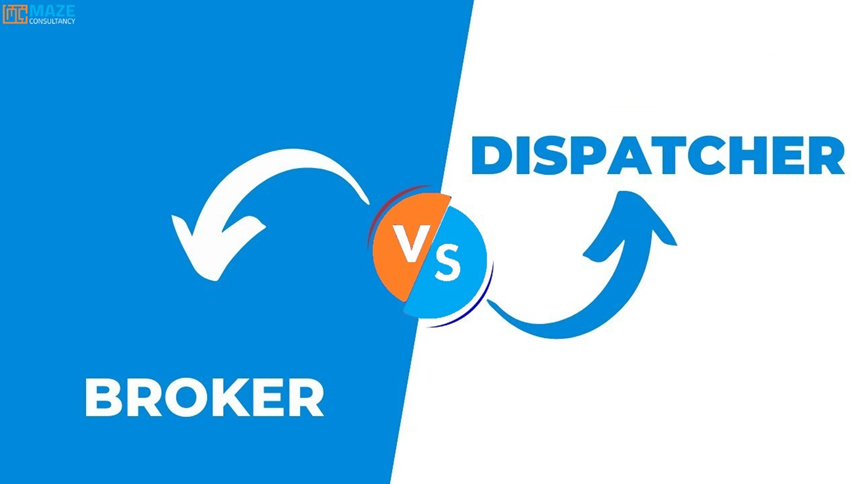Certainly! Here’s a detailed explanation of why smuggling through dispatching is illegal, its implications, and the strategies used to combat it, all in original terms:
Why Smuggling in Dispatching is Illegal
- Legal Violations:
- Breach of Laws: Smuggling contraband goods, such as illegal drugs, weapons, or stolen property, contravenes both federal and state laws. These laws are designed to regulate and control the movement of goods for the safety and security of the public.
- Customs Regulations: Smuggling involves bypassing customs regulations that require all goods entering or leaving the country to be declared and inspected. This is crucial for ensuring that all products meet safety, health, and legal standards.
- Threats to Safety and Security:
- Health Risks: Smuggled goods, especially drugs, pose serious health risks to individuals and communities. Their distribution can lead to increased drug abuse and associated health crises.
- Criminal Networks: Smuggling often supports organized crime, which can contribute to broader criminal activities, including violence and corruption.
- Economic Impact:
- Revenue Loss: Smuggling evades taxes and duties, depriving governments of essential revenue that supports public services and infrastructure.
- Market Distortion: It can undermine legitimate businesses by flooding the market with untaxed, potentially unsafe products, creating unfair competition.
Consequences of Smuggling in Dispatching
- Legal Repercussions:
- Criminal Penalties: Those caught smuggling face significant legal consequences, including hefty fines and imprisonment. Legal action can target individuals, companies, and organizations involved in smuggling.
- Asset Seizure: Authorities may seize assets linked to smuggling, such as vehicles or cargo, which disrupts both criminal operations and legitimate business activities.
- Business Risks:
- Reputational Damage: Companies linked to smuggling face severe reputational harm. This can lead to a loss of trust from customers, business partners, and regulators.
- Operational Disruptions: Investigations and legal proceedings can interfere with regular business operations, causing financial losses and operational delays.
- Social Impact:
- Community Harm: The presence of smuggled goods, particularly drugs and illegal weapons, can escalate crime rates and create social problems in affected areas.
- Erosion of Trust: Smuggling undermines public confidence in transportation systems and regulatory authorities, which can affect overall societal trust in these institutions.
Strategies to Combat Smuggling in Dispatching
- Advanced Screening Technologies:
- Imaging and Scanning: Utilize technologies such as X-ray machines and radiation detectors to inspect cargo for hidden compartments or prohibited items. These tools help in identifying concealed contraband without opening every shipment.
- Detection Devices: Employ specialized equipment like drug-detection sensors and trained detection dogs to identify substances that might be hidden within shipments.
- Improved Documentation and Verification:
- Accurate Records: Ensure that all shipping documents are accurate and match the physical cargo. This involves verifying that invoices, bills of lading, and other documents are legitimate and complete.
- Electronic Monitoring: Implement electronic tracking systems to monitor the movement of goods in real time. This helps in identifying inconsistencies and potential smuggling activities.
- Training and Awareness Programs:
- Staff Education: Provide training for dispatchers, drivers, and logistics staff to recognize signs of smuggling and understand proper reporting procedures. Training helps in preventing unintentional involvement and identifying suspicious behavior.
- Public Campaigns: Launch public awareness campaigns to educate people about the risks and consequences of smuggling, and encourage reporting of suspicious activities to authorities.
- Law Enforcement and Collaboration:
- Joint Efforts: Foster collaboration between federal, state, and local law enforcement agencies to tackle smuggling more effectively. Coordinated efforts enhance resource sharing and operational efficiency.
- International Cooperation: Work with international partners to address smuggling that crosses borders. Sharing intelligence and best practices helps in disrupting global smuggling networks.
- Regulatory Compliance and Security:
- Regular Audits: Conduct routine audits and inspections of trucking companies and logistics operations to ensure compliance with legal standards. This helps in detecting and preventing potential smuggling activities.
- Security Programs: Encourage participation in programs like the Customs-Trade Partnership Against Terrorism (C-TPAT), which promotes security practices and compliance among businesses involved in international trade.
Summary
Smuggling through dispatching is illegal and poses significant risks to public safety, economic stability, and regulatory integrity. Addressing this issue involves using advanced technology for screening, maintaining accurate documentation, training personnel, and fostering strong collaborations between law enforcement and businesses. By implementing these measures, authorities and companies can effectively combat smuggling and maintain the integrity of the transportation and logistics sectors.
























